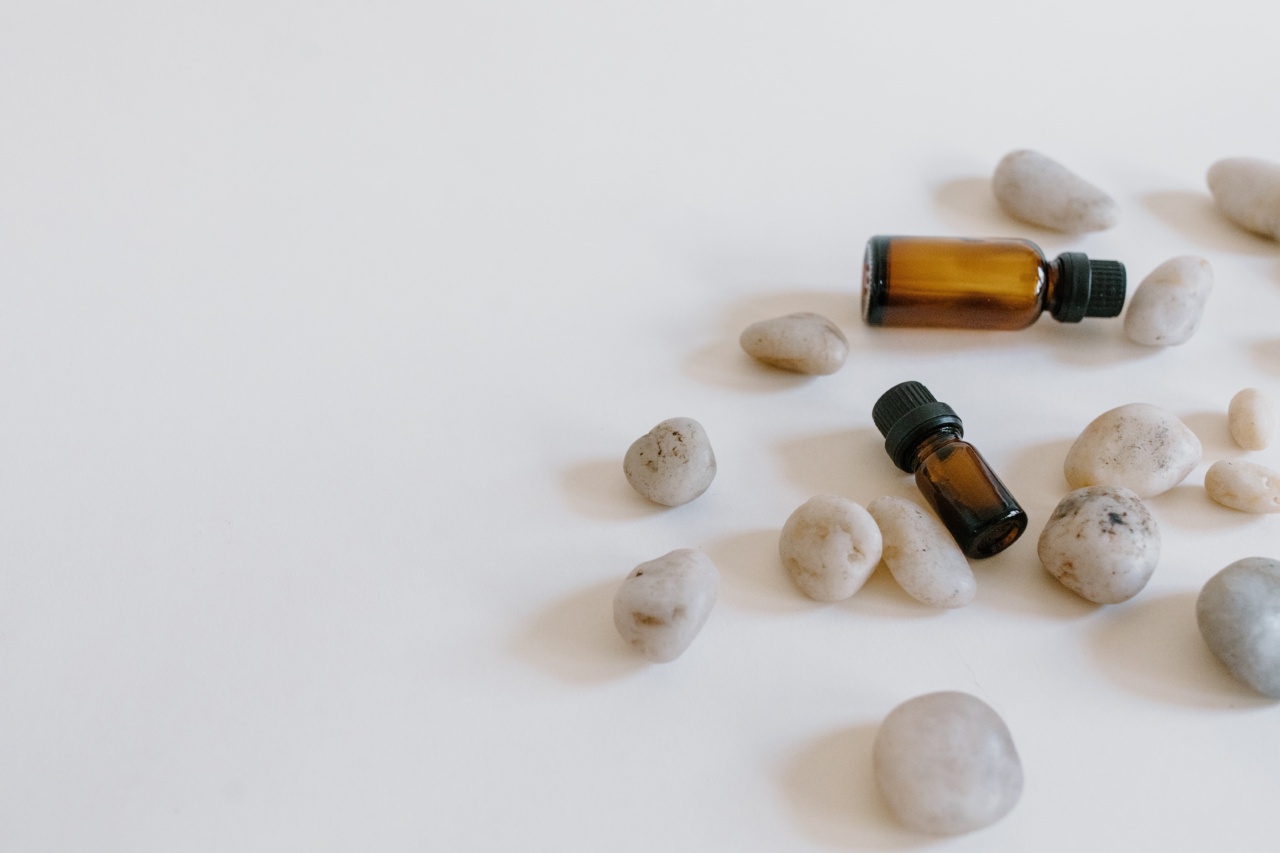Anxiety is a common mental health issue that affects millions of people worldwide. It can manifest as a persistent feeling of unease, fear, or worry, and can greatly impact a person’s daily life.
Prescription drugs are often prescribed to manage anxiety, but they come with a range of side effects and can be highly addictive. Fortunately, there are natural options available that can effectively provide anxiety relief without the need for prescription drugs. In this article, we will explore some of these natural options that have been proven to work.
1. Exercise Regularly
Regular exercise is not only beneficial for physical health but also has a profound impact on mental well-being. Engaging in physical activities such as jogging, swimming, or yoga can help reduce symptoms of anxiety.
Exercise releases feel-good endorphins in the brain, which can alleviate feelings of stress and anxiety. Aim for at least 30 minutes of moderate-intensity exercise five days a week.
2. Practice Deep Breathing
Deep breathing exercises have long been used to calm the mind and reduce anxiety. When faced with an anxiety-inducing situation, take slow, deep breaths through your nose, hold for a few seconds, and then exhale slowly through your mouth.
This technique activates the body’s relaxation response, helping to ease anxiety symptoms.
3. Try Herbal Supplements
Several herbal supplements have shown promise in alleviating anxiety symptoms. One such supplement is chamomile, which has calming properties and can help promote better sleep.
Another herb, known as lavender, is often used in aromatherapy to induce relaxation. Valerian root is also an effective natural remedy for anxiety and sleep disorders.
4. Get Sufficient Sleep
Sleep deprivation can significantly worsen anxiety symptoms. It is important to prioritize getting enough quality sleep each night.
Establish a relaxing bedtime routine, ensure your sleeping environment is conducive to restful sleep, and avoid caffeine and electronic devices before bed.
5. Maintain a Balanced Diet
What you eat can impact your mental health. Consuming a nutritious diet with plenty of fruits, vegetables, whole grains, and lean proteins can support optimal brain function and help regulate mood.
Avoid excessive consumption of caffeine, sugar, and processed foods, as they can worsen anxiety symptoms.
6. Practice Mindfulness and Meditation
Mindfulness and meditation techniques can train the mind to focus on the present moment, reducing anxiety and promoting a sense of calm. These practices involve paying attention to your thoughts and emotions without judgment.
Regular practice can help rewire the brain and make you more resilient to anxiety triggers.
7. Create a Supportive Social Network
Having a strong support system can significantly alleviate anxiety symptoms. Surround yourself with positive and supportive individuals who can provide comfort, understanding, and encouragement.
Participate in social activities and seek professional help when needed.
8. Engage in Relaxation Exercises
Various relaxation exercises can effectively calm the mind and reduce anxiety. Progressive muscle relaxation involves tensing and then releasing different muscles, releasing built-up tension.
Visualization exercises, such as imagining yourself in a peaceful place, can also help reduce anxiety levels.
9. Consider Acupuncture
Acupuncture is an ancient Chinese practice that involves inserting thin needles into specific points on the body. It is believed to regulate energy flow and promote relaxation.
Studies have shown that acupuncture can be an effective treatment for anxiety when performed by a trained professional.
10. Seek Professional Help
If natural remedies alone do not provide sufficient relief, it is important to seek professional help. Mental health professionals can offer a range of therapies, such as cognitive-behavioral therapy (CBT), that can help you better manage anxiety.
They may also recommend appropriate medication if necessary.
Conclusion
Anxiety relief without prescription drugs is possible through the implementation of various natural options.
Engaging in regular exercise, practicing deep breathing and mindfulness, exploring herbal supplements, getting enough sleep, maintaining a balanced diet, and creating a supportive social network are just a few strategies that can effectively alleviate anxiety symptoms. Remember, it is crucial to consult with a healthcare professional for personalized advice and guidance in managing anxiety disorders.






























